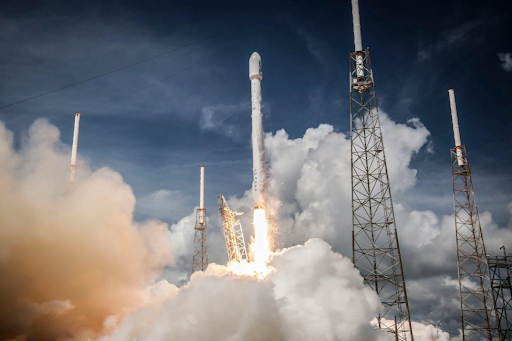From climate change and geopolitical tensions to health crises, global factors are rapidly transforming the world that future generations will inherit. Yuri Milner believes we can create a better future by adopting a shared mission across nations and cultures.
Many successful organisations use mission statements to bring people together to work towards a common goal. NASA’s mission is to “reach for new heights and reveal the unknown.” Facebook’s is to “bring the world closer together.”
Milner suggests that humanity’s mission should be to “explore and understand our Universe.” He reasons that this mission is a natural extension of the Universal Story, in which human beings play a pivotal role.
One way to advance this mission would be to reframe traditional education systems around the Universal Story. Milner discusses the Universal Story and the mission for humanity it implies in his 2021 book Eureka Manifesto: The Mission for Our Civilisation.
Our Role in the Universal Story
The Universal Story encompasses the history of the cosmos, from the Big Bang to the beginnings of intelligent life on Earth and the rise of human civilisation.
Because humans have the capacity to explore and understand the Universe, “far beyond the bounds of our own little slice of space and time,” Milner concludes that we have a responsibility to do so.
We could open doors to unimaginable scientific and technological advancements by rallying around this mission. As a more advanced civilisation, we could cure as-yet incurable diseases, tackle extinction-level threats, and even spread out amongst the stars.
However, in a world often divided by conflict and short-term thinking, such a future seems like science fiction. In Eureka Manifesto, Milner proposes five ways we can practically advance the mission within our lifetimes. One way is to focus education on the Universal Story and use the power of art to tell it.
Reframing Education Around the Universal Story
Education has a profound impact on society, shaping individuals’ knowledge, skills, and values. How and what we teach younger generations today will directly influence the future, guiding humanity’s understanding of and response to global challenges.
Milner describes our current approach to teaching children as “fragmented” and “hyperspecialised.” From secondary school, many students begin narrowing their field of study, dropping subjects at GCSE and A Level before finally choosing one topic to pursue at university.
However, Milner explains that ultimately there is only one field of inquiry: the Universal Story. This one topic “contains the history of our Universe, our planet, and our civilisation, including the realm of the social sciences and humanities.”
Thinking in terms of the Universal Story offers an alternative, holistic approach to education. “This approach will make the syllabus coherent and interconnected,” Milner writes. Additionally, “the epic nature of the Story can motivate young people to contribute [to the mission].”
Using Art to Inspire
Unless they become scientists, most people are unlikely to keep following science closely once they leave education. However, Milner believes that using art, including films and books, to communicate the Universal Story can keep people engaged with the mission throughout their lives.
“Art has enormous power to express the ideas of the Universal Story in a comprehensible, emotionally resonant, and inspiring way,” Milner explains.
By maintaining a strong cultural focus on the Universal Story, future generations can drive the scientific and technological progress that will advance our mission.
When Milner thinks about the next generation to which his daughters now belong, he feels “full of hope for the civilisation they can be part of.”
About Yuri Milner
Yuri Milner is a tech entrepreneur and philanthropist. He established the Breakthrough Foundation in 2012 to follow through on his Giving Pledge commitment. The Breakthrough Foundation supports projects that:
- Inspire future generations to engage with science, such as the Breakthrough Junior Challenge.
- Advance fundamental knowledge, such as the Breakthrough Initiatives.
- Acknowledge scientific achievements, such as the Breakthrough Prize.
The 2024 Breakthrough Prize ceremony saw the stars of entertainment, business, and tech come together to celebrate the stars of science. Milner also took to the stage to honour Albert Einstein’s influence on the modern world.






